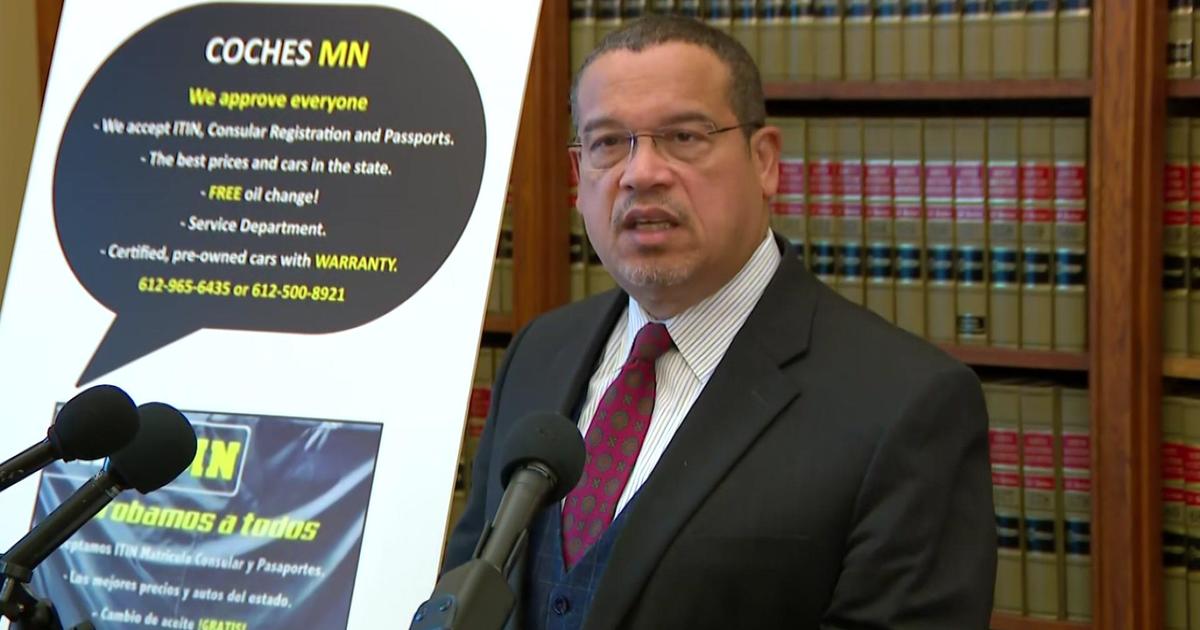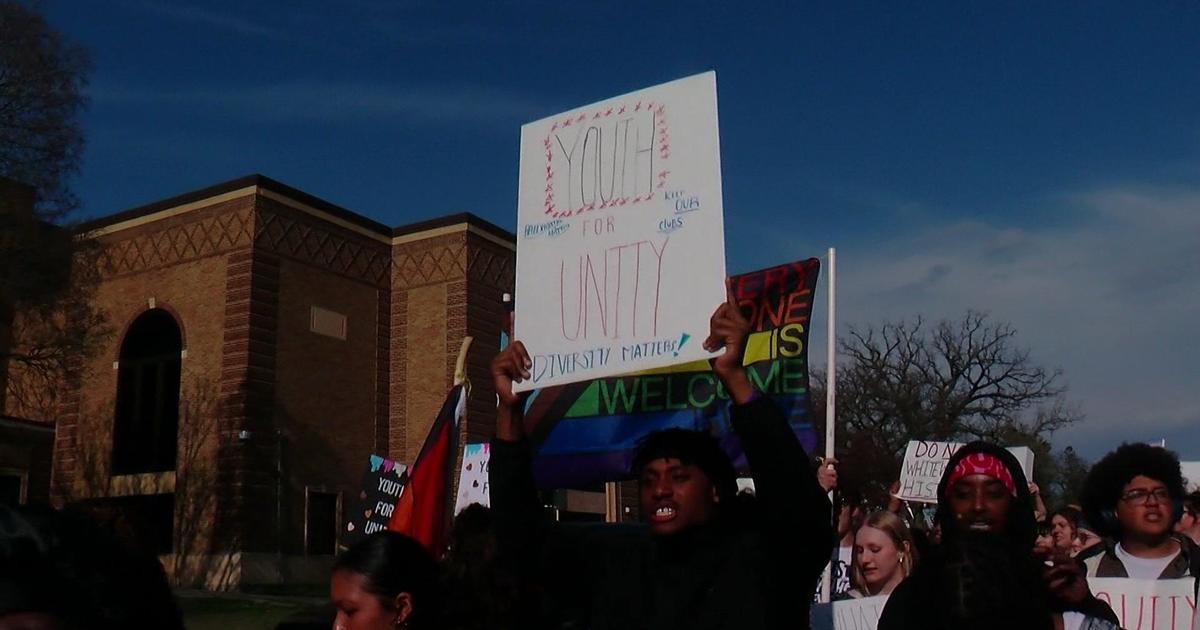The Do's And Don'ts Of Face Masks, Including How Best To Clean Them
MINNEAPOLIS (WCCO) -- In early April, the Centers for Disease Control (CDC) recommended people wear cloth face masks in public settings where social distancing is difficult.
That has several WCCO viewers wanting more specific on the do's and don'ts of covering a face.
The CDC has instructions for sewing cloth masks on its website. The U.S. Surgeon General recorded a video on making face coverings without a needle and thread.
"Wearing the mask is particularly important when you're speaking," says Dr. Jill Crittenden, an MIT neuroscientist who is part of a consortium of scientists researching hospital-grade N95 masks.
Dr. Crittenden has also studied medical and cloth masks. She says the medical masks often work better than the DIY masks because they meet standards for breathability and filtration.
"You can fit them around your nose so there's no hole," she says. "In the back, you can create a gap, so when you breathe out, the air goes out the back."
But, given the medical masks are in high demand, research has also shown cloth masks are better than nothing when keep droplets to from spreading.
This is especially important because CDC has said 25% of patients with COVID-19 could be asymptomatic.
It's important to use the mask correctly. According to the CDC, it needs to fit comfortably, but snugly around the face and be secured with ear loops. People should be able to breathe through it with difficulty. It should also include more than one layer of fabric for better filtration.
The mask must cover the mouth and nose and extend down the chin.
Dr. Crittenden says people should wash their hands before putting on the mask, then not touch the mask while it's on. The CDC also says it's important use the ear straps to remove the mask and be careful not touch the eyes, nose or mouth during removal. Always wash after taking the mask off.
As for how often it should be washed? The CDC says it should "be routinely washed depending on the frequency of use." Dr. Crittenden says she washes her masks after every visit to the grocery store where she comes into closer contact with people.
Soap can easily kill the coronavirus, so one cycle through the washing machine should kill the virus.



